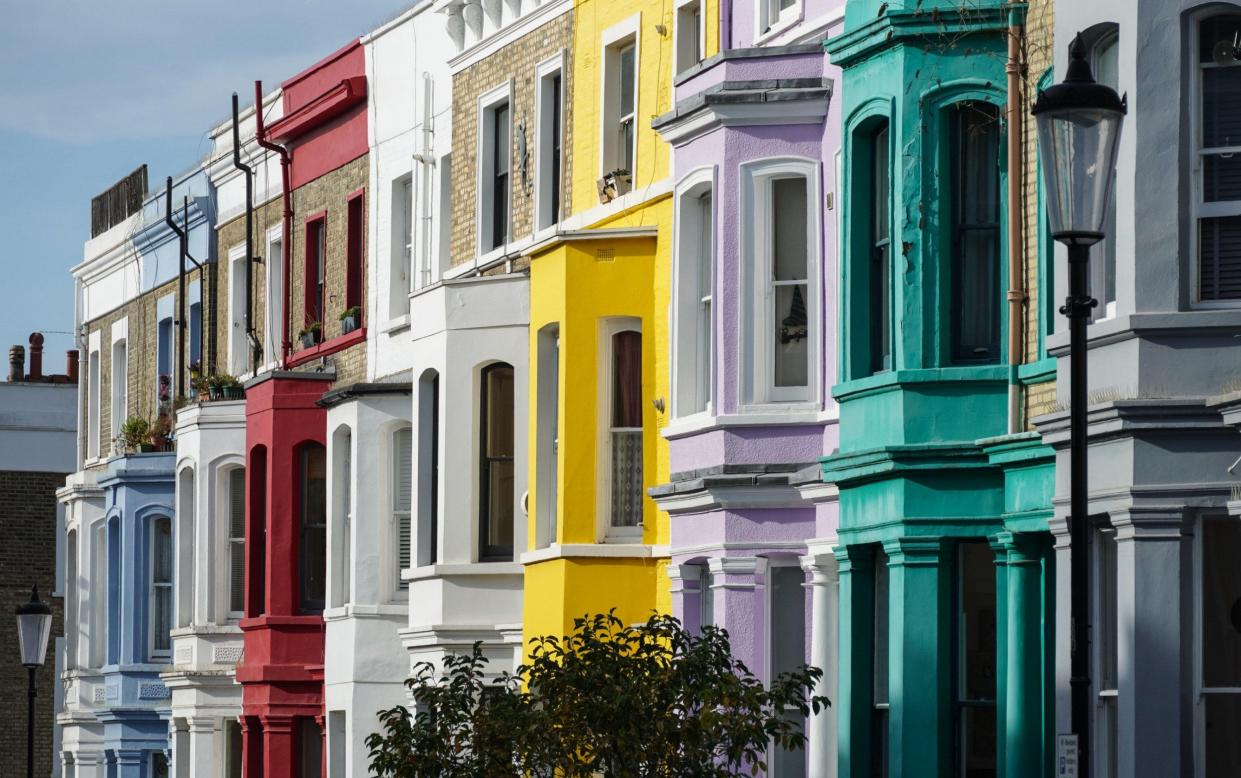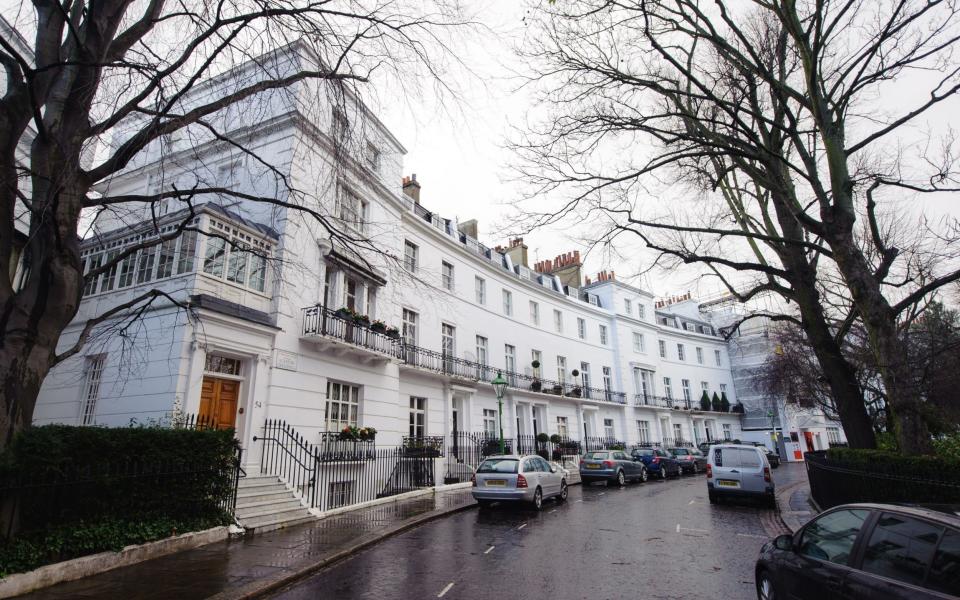The London postcode where capital gains were higher than three cities combined

Residents in Notting Hill received more in capital gains than the combined population of Liverpool, Manchester and Newcastle, analysis shows.
Meanwhile, the Royal Borough of Kensington and Chelsea accounted for 3pc of the UK’s capital gains between 2015 and 2019, more than in Wales despite Kensington’s population being 30 times smaller, a report by the University of Warwick and London School of Economics (LSE) has found.
The paper, which looked at anonymised tax records over the four-year period, found that capital gains are highly concentrated in the South of England and also among wealthy taxpayers.
Less than 3pc of adults paid capital gains tax over the 10 year period to 2020. Three in every seven pounds of gains went to individuals earning more than £150,000.
The authors concluded from their findings that the Government could increase the capital gains tax burden without impacting a significant proportion of the population.

Andrew Lonsdale, research officer at LSE’s International Inequalities Institute, said: “Continuing to tax these gains at a lower rate than earnings from work is the complete opposite of ‘levelling up’.”
Labour has been under pressure to commit to raising capital gains tax rates if the party gets into power.
But accountancy firms have warned that doing so is a “dangerous game” for politicians.
Chris Etherington, of tax firm RSM, said upping the rates could “materially change” the behaviour of those facing the levy. This could result in a drop in revenue for the Treasury.
“A large proportion of capital gains tax is paid by those with capital gains over £5m and such individuals may have the option of simply choosing not to sell an asset if the tax rate is unappealing.
“We have seen in the past that individuals can be very motivated to explore moving overseas to tax-friendlier shores when there are rumours of capital gains tax rate increases.
“Perhaps that has been more of an empty threat in the past but it is easier than it has ever been to work remotely now and for entrepreneurs to look at breaking UK tax residency.”
The bulk of the gains – nearly 70pc – came from the sale of business assets, according to the paper.
A capital gain is defined as the profit made on the sale of an asset such as a business or property. If the gain exceeds the taxpayer’s annual allowance, then the seller must pay capital gains tax at a rate of 18pc or 28pc for property and 10pc or 20pc for other assets, depending on whether they are a basic-rate or higher-rate taxpayer.
Before it was disbanded, the Office for Tax Simplification, a government agency, called for capital gains tax rates to be aligned with income tax rates, which are 20pc, 40pc and 45pc.
Shadow chancellor Rachel Reeves has said she has “no plans” to increase capital gains tax rates if Labour wins the next election.
But trade unionists have urged the party to equalise the tax charged on “earned” and “unearned” income.
A record number of people are paying capital gains tax now that the annual allowance has been brutally slashed.
The Government cut the allowance from £12,300 to £6,000 last year and will halve it to £3,000 this April.
This is expected to bring hundreds of thousands of extra taxpayers into the net. According to official figures, 570,000 people are expected to pay the taxman £18.1bn on gains in 2024-25, compared to 188,000 taxpayers who paid £4.23bn in 2010-11.
Recommended
Six easy (and completely legal) ways to avoid capital gains tax

